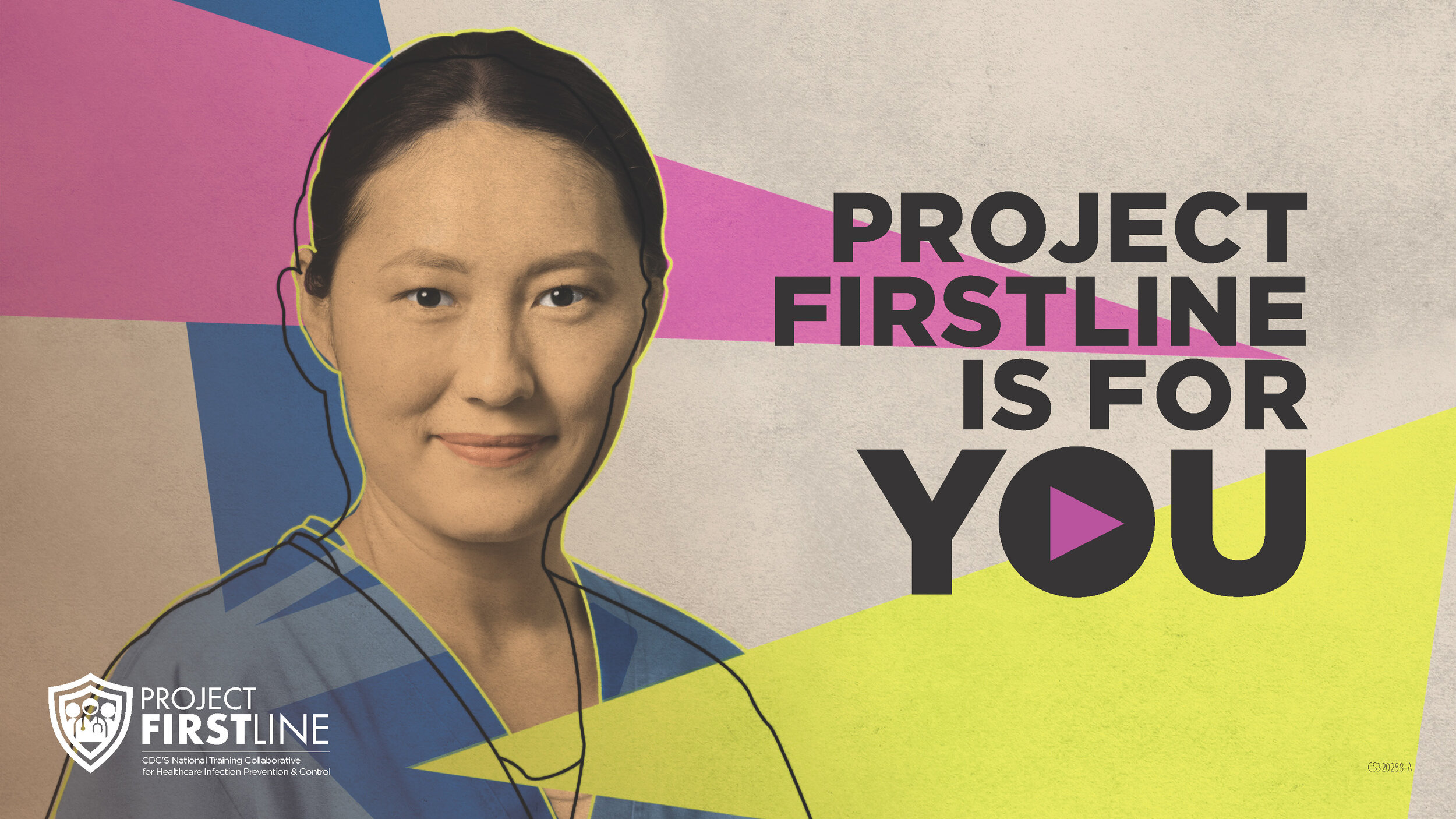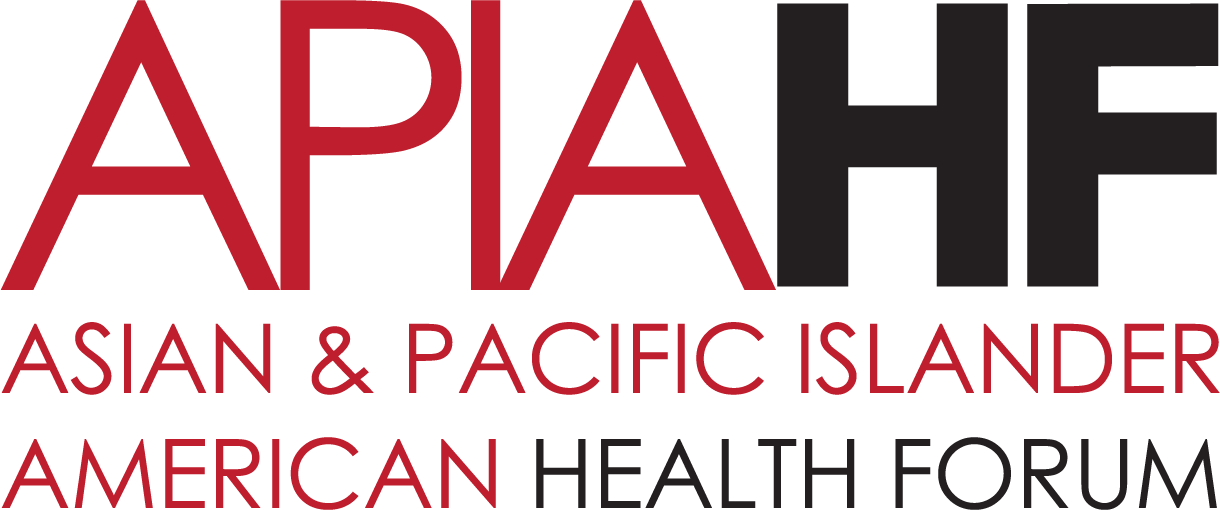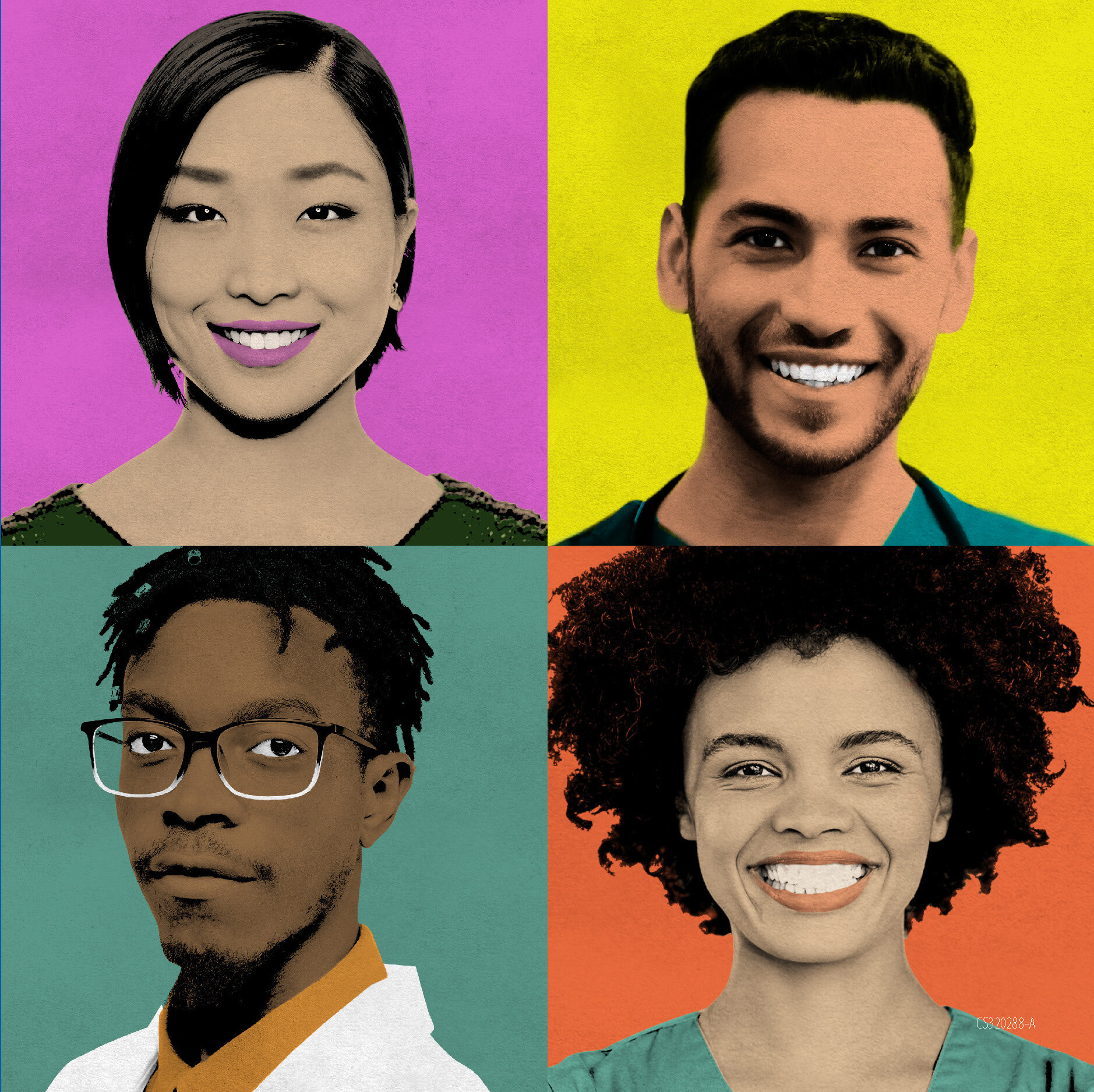
Project Firstline is the Center for Disease Control’s national training collaborative for infection prevention and control.
APIAHF is coordinating with Project Firstline and its Asian American and Native Hawaiian/Pacific Islander partner organizations to prepare frontline healthcare workers and the public health workforce to protect themselves, their patients, and their communities from infectious disease threats.
Asian American and Native Hawaiian/Pacific Islander Partner Organizations
Project Firstline Infection Prevention & Control Champions
Event Calendar
Join the CDC and our Infection Prevention and Control partners as they guide training webinars and provide FAQs on how to combat the pandemic.
The COVID-19 pandemic highlighted gaps in infection control knowledge and practice in healthcare settings nationwide.
In FY 2020, CDC launched Project Firstline, a collaborative of diverse healthcare, public health and academic partners committed to providing infection control training designed especially for healthcare workers.
Healthcare workers need and deserve clear and trustworthy information not only on CDC’s infection control recommendations, but also on the science behind them.
Project Firstline delivers comprehensive, transparent, and responsive training and education to the millions of frontline healthcare workers in the United States.
Project Firstline is funded through American Rescue Plan supplemental appropriations.
The need for infection control training, education and innovation is ongoing.
Training Healthcare Workers on the Frontlines
Healthcare workers are on the frontlines of infection control and are essential partners in stopping the spread of infectious diseases. Project Firstline provides infection control training to this workforce, across all roles and settings.
Providing Critical In-Language Materials
Project Firstline and its partners the Asian & Pacific Islander American Health Forum (APIAHF)Asian Pacific American Labor Alliance, NYU Center for the Study of Asian American Health (CSAAH), Orange County Asian Pacific Islander Community Alliance Philippine Nurses Association of America Foundation (PNAAF), and Papa Ola Lokahi are committed to ensuring the Asian American, Native Hawaiian and Pacific Islander community has the information it needs to best inform our frontline workers and the community.
This site will have materials in 10 different translations including: Bangla, Chinese (Simplified), Chinese (Traditional), Chuukese, Hawaiian, Hindi, Marshallese, Samoan, Tagalog, and Vietnamese.
Access Our Trainings
Project Firstline is building infection control training expertise within the public health workforce to support a culture of infection control in healthcare communities everywhere.
Project Firstline trainings are:
Accessible- no matter your previous training or educational background, you’ll be able to understand each video.
Concise- to fit around your busy schedule, each video lasts approximately 10 minutes.
Interactive- to keep you engaged, each video has built-in knowledge checks.



















